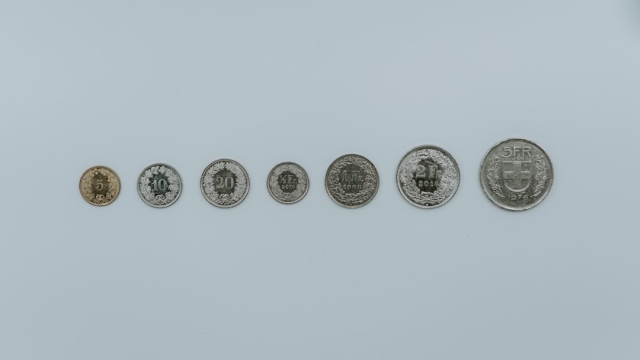Coins mentioned in the Bible provide a fascinating window into the historical and cultural contexts of ancient societies. They serve not only as currency but also as artifacts that reflect the economic conditions, trade practices, and social structures of the times. Engaging in biblical coin research allows enthusiasts and scholars alike to delve into the narratives and historical events described in biblical texts, offering a tangible connection to the rich tapestry of biblical history.
The Historical Context of Coins in the Bible
Throughout the Bible, various coins are referenced, each with its own story and significance. For instance, the shekel, a unit of weight and currency in ancient Israel, is mentioned multiple times in the Old Testament. It was used for transactions, such as paying tribute or offering sacrifices. The New Testament also references coins, such as the denarius, which was the common currency of the Roman Empire. Understanding these coins and their contexts helps illuminate the economic and political realities faced by biblical characters.
Coins were often inscribed with images and symbols that reflected the ruling powers and deities of the time. For example, the Roman denarius featured the likeness of the emperor, indicating the political authority and influence of Rome over Judea. Such coins not only served practical purposes in trade but also acted as propaganda tools, reinforcing the power dynamics of the era.
Identifying Biblical Coins: A Collector’s Guide
For collectors interested in biblical coins, the first step is to familiarize themselves with the specific types of coins that were in circulation during biblical times. Key examples include the shekel, the denarius, and the tetradrachm. Each coin has distinct characteristics, such as size, weight, and imagery, that can help in identification.
One practical approach to identifying biblical coins is to examine reputable catalogs and databases dedicated to ancient coins. Many resources provide images and descriptions that can aid in distinguishing genuine artifacts from replicas. Additionally, attending coin shows or joining numismatic societies can provide opportunities to learn from experienced collectors and scholars.
Ethical collecting is also paramount for enthusiasts. It is essential to ensure that any purchases are made from reputable dealers who adhere to ethical standards. As biblical coins can come from archaeological sites, it is crucial to respect the legal and cultural significance of these artifacts and to avoid supporting illegal excavation or trade practices.
The Significance of Biblical Coins in Archaeology and Theology
The study of biblical coins extends beyond mere collection; it plays a significant role in archaeological findings and theological discussions. Coins unearthed in archaeological sites can provide insights into trade routes, economic conditions, and cultural exchanges that occurred during biblical times. For instance, the discovery of a cache of coins in a specific region may indicate the presence of trade centers or the impact of historical events on local economies.
From a theological perspective, biblical coins can help contextualize scriptural narratives. When studying parables or teachings that reference money, such as the parable of the Good Samaritan or the tribute to Caesar, having a tangible understanding of the coins involved enhances comprehension of the messages conveyed. This intersection of archaeology and theology creates a richer understanding of both the historical context and spiritual teachings found in the Bible.
In conclusion, biblical coin research opens a fascinating doorway to understanding ancient economies, cultural practices, and theological concepts. Whether you are a collector, a scholar, or simply a curious individual, exploring the world of biblical coins can deepen your appreciation for the narratives woven throughout the Bible while providing a tangible link to the past. For those looking to start or enhance their journey into this field, resources and communities are available to support your exploration.
To learn more about specific biblical coins and their historical significance, you can explore various dedicated resources and collections, including those that focus on the fascinating world of biblical coins.


